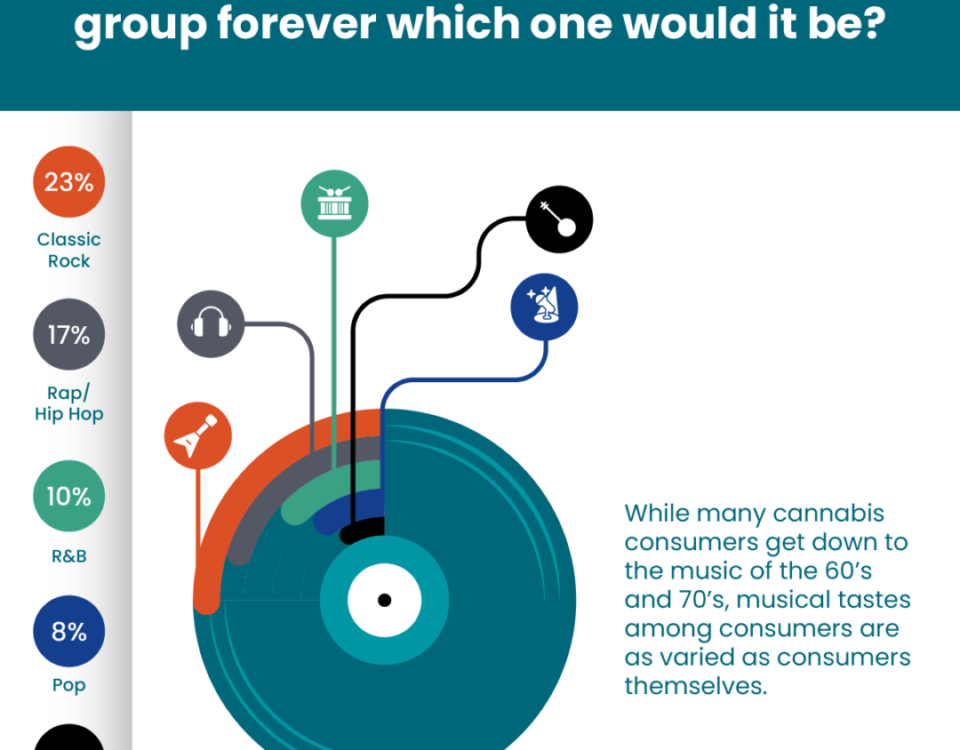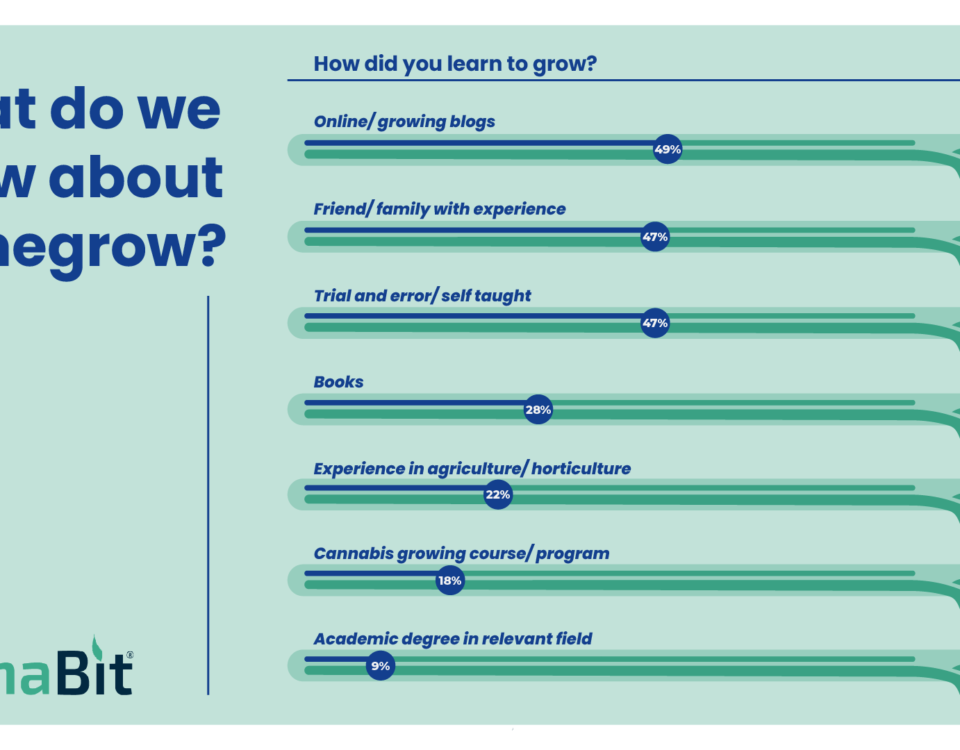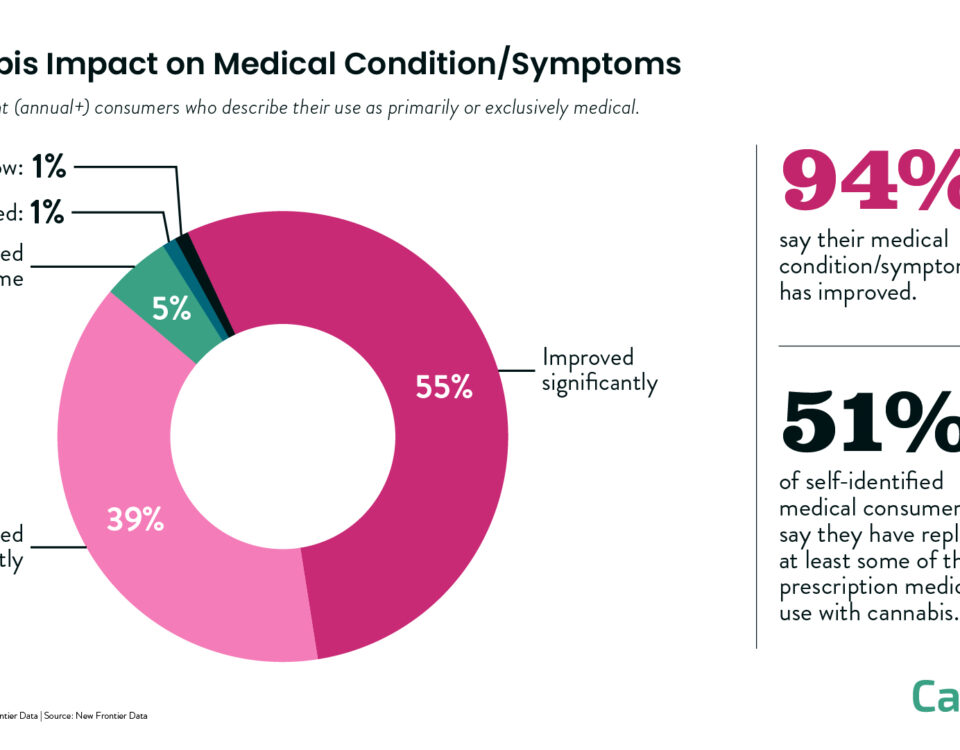Cannabis Legalization in New York: What the State’s New Study is Missing

Cannabis Legalization in New York: A Question of When and How, Not Whether
July 29, 2018
Canadian Market Driving Hemp and CBE M&A Activity
August 5, 2018By Noah Potter, Esquire, Of Counsel to Hoban Law Group
[Editor’s note: This is the second of a two-part review regarding the status of adult-use legalization in New York State in light of the governor’s commissioned report by the Department of Health. The first segment ran in this space yesterday.]
On July 13, the New York State Department of Health released a comprehensive report to Governor Andrew Cuomo stating that the positive effects of legalizing cannabis would outweigh the negative effects.
The long-awaited, six-month study was released with a finding that the positives outweigh the negatives. The report, titled “Assessment of the Potential Impact of Regulated Marijuana in New York State,” was commissioned by Cuomo in January to assess the potential public safety and public health impacts along with tax revenue benefits in its assessment.
It marks a watershed towards creation of a legal cannabis market, but extensive issues remain to be solved and leveraged among opportunities for the cannabis legalization movement and the cannabis industry to create a viable adult-use market.
What’s missing
The report offers no discussion of the Marihuana Regulation and Taxation Act (MRTA), a legalization bill pending in the legislature since 2013. The MRTA could have been the starting point for analysis given how it proposes criminal justice reform, a tax structure, and supply side regulation of the market based on New York’s alcohol control law. It makes only a passing reference to the power of local governments for controlling the market, and it omits any reference to whether retail onsite-consumption establishments (e.g., Amsterdam-style cannabis “cafes”) could operate in accordance to New York’s indoor smoking laws.
The omission of any mention of MRTA begs the question of what legislation the next governor is likely to sign in 2019. Such legislation will define the parameters for any legalization enacted as early as that June.
Political considerations
This November’s electoral races include those for governor, attorney general, and the Senate — the last being perhaps most critical. The Senate is split, 32 Democrats to 31 Republicans, yet Republicans control it because Sen. Simcha Felder (D-Brooklyn) caucuses with them. If the Democrats take effective control and keep the governorship, viable legalization next June is in play. If the Republicans retain control they could stall legalization, or — if forced to accept the Department of Health’s position that legalization is inevitable — they could force adoption of a dysfunctionally restrictive law skewed toward a few very large players in the current medical market. Election of a Republican governor could yield similar results.
Should Cuomo be reelected, the Department of Health’s report will inform his position but not define it: While Cuomo has personally opposed legalization, he is unlikely to reject a report which he commissioned. Conversely, if the Republicans retain the Senate he could claim no choice but to adopt a conservative bill.
Opportunity has come knocking
The report is a major step towards creating an adult-use cannabis market in New York. Its premise that there exist no obstacles to legalization which cannot be overcome is truly radical for New York. Even so, there is a huge amount of work to do in negotiating the particulars of the market. Issuance of the report is not the end of the process. We are now just at the beginning of the next step.
The report identifies policy areas in which there is a wealth of knowledge and areas in which the evidence is inconclusive. This moment should be seen as a great opportunity for experienced participants in the cannabis legalization movement and industry to offer their knowledge and experience in order to help create a viable cannabis market in New York.

Noah Potter
Noah Potter has over 20 years of experience and relationships in the drug policy reform sector. He handles a wide range of commercial and civil matters, including corporate control disputes involving oppression of minority equity owners, commercial torts such as fraud and fraudulent conveyance, property easement disputes, commercial real estate foreclosure, and non-competition agreements. He can be reached at: noah@nullhoban.law.




